In the Democratic Republic of Congo, one of Africa's oldest indigenous peoples is facing a land crisis
The pygmies, widely known as Bambuti, are being pushed out of their native land to which they could assert no legal title
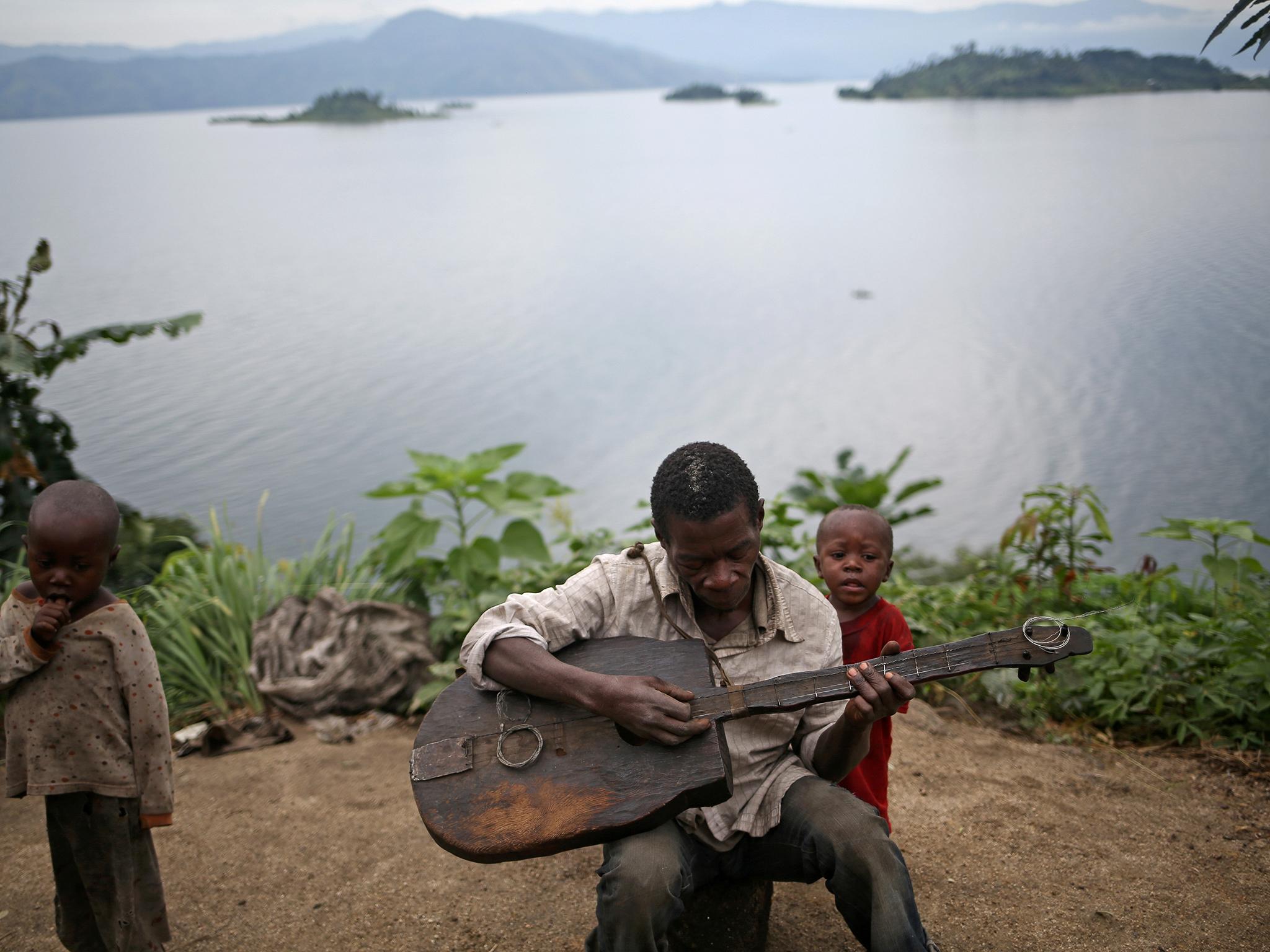
Your support helps us to tell the story
From reproductive rights to climate change to Big Tech, The Independent is on the ground when the story is developing. Whether it's investigating the financials of Elon Musk's pro-Trump PAC or producing our latest documentary, 'The A Word', which shines a light on the American women fighting for reproductive rights, we know how important it is to parse out the facts from the messaging.
At such a critical moment in US history, we need reporters on the ground. Your donation allows us to keep sending journalists to speak to both sides of the story.
The Independent is trusted by Americans across the entire political spectrum. And unlike many other quality news outlets, we choose not to lock Americans out of our reporting and analysis with paywalls. We believe quality journalism should be available to everyone, paid for by those who can afford it.
Your support makes all the difference.On Idjwi, the largest island in Democratic Republic of Congo, a way of life is dying. Congo's Pygmies are among central Africa's oldest indigenous peoples. For millennia, they have lived as hunter-gatherers, surviving off the forest's bounty of plants, birds and monkeys.
Idjwi, in the middle of Lake Kivu, has been spared the ravages of wars in eastern Congo that have killed millions of people since 1996, mostly from hunger and disease.
But for its indigenous inhabitants, the advance of another culture has proved nearly as devastating. Like their ethnic kin across central Africa, Idjwi's Pygmies, widely known as Bambuti, have been pushed out of a native land to which they could assert no legal title – in this case, to make way for an exploding ethnic Bantu population who now make up more than 95 per cent of Idjwi's 280,000 inhabitants.
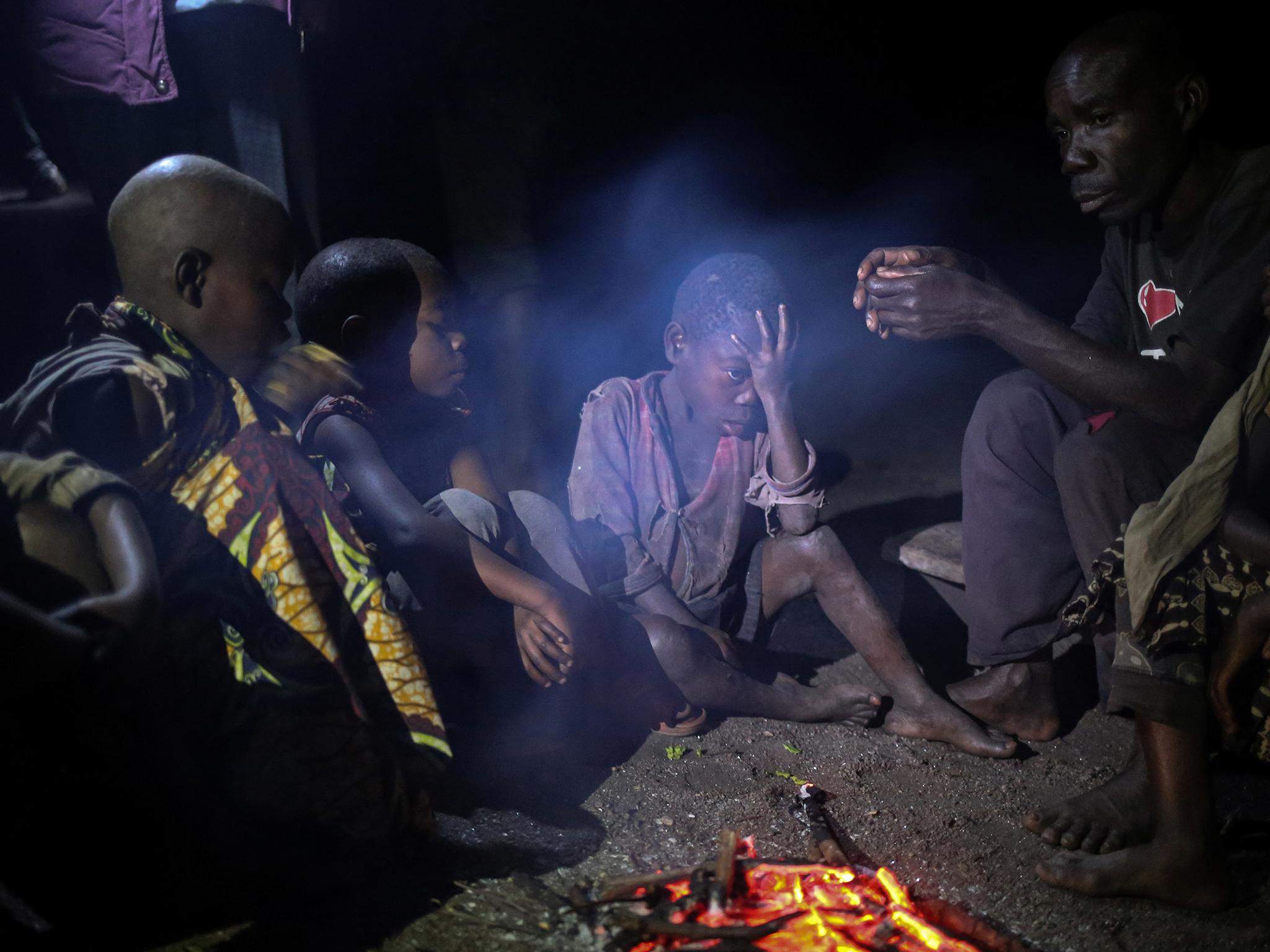
Around 1980, the Bambuti say, local authorities and customary chiefs from the Bahavu, a Bantu people, expelled them from the forests and turned the land over to Bahavu to farm and build houses. The Bambuti lost their livelihood and, with few assets, no education and no experience of how to support themselves in an alien environment, their society has withered.
“We are no more than 7,000 on the island, relocated on uncultivable land and scattered on the coast in makeshift camps on the fringe of villages, in total destitution,” said Charles Livingstone, the chief of Idjwi's pygmies.
Most cannot read or write, and lack the money to send their children to school. “Before, in the forest, we had everything we needed for an easy and happy life: food, shelter, medicine, clothes,” said Habimana, a Bambuti woman of 45. “It's in our nature to live like that.”
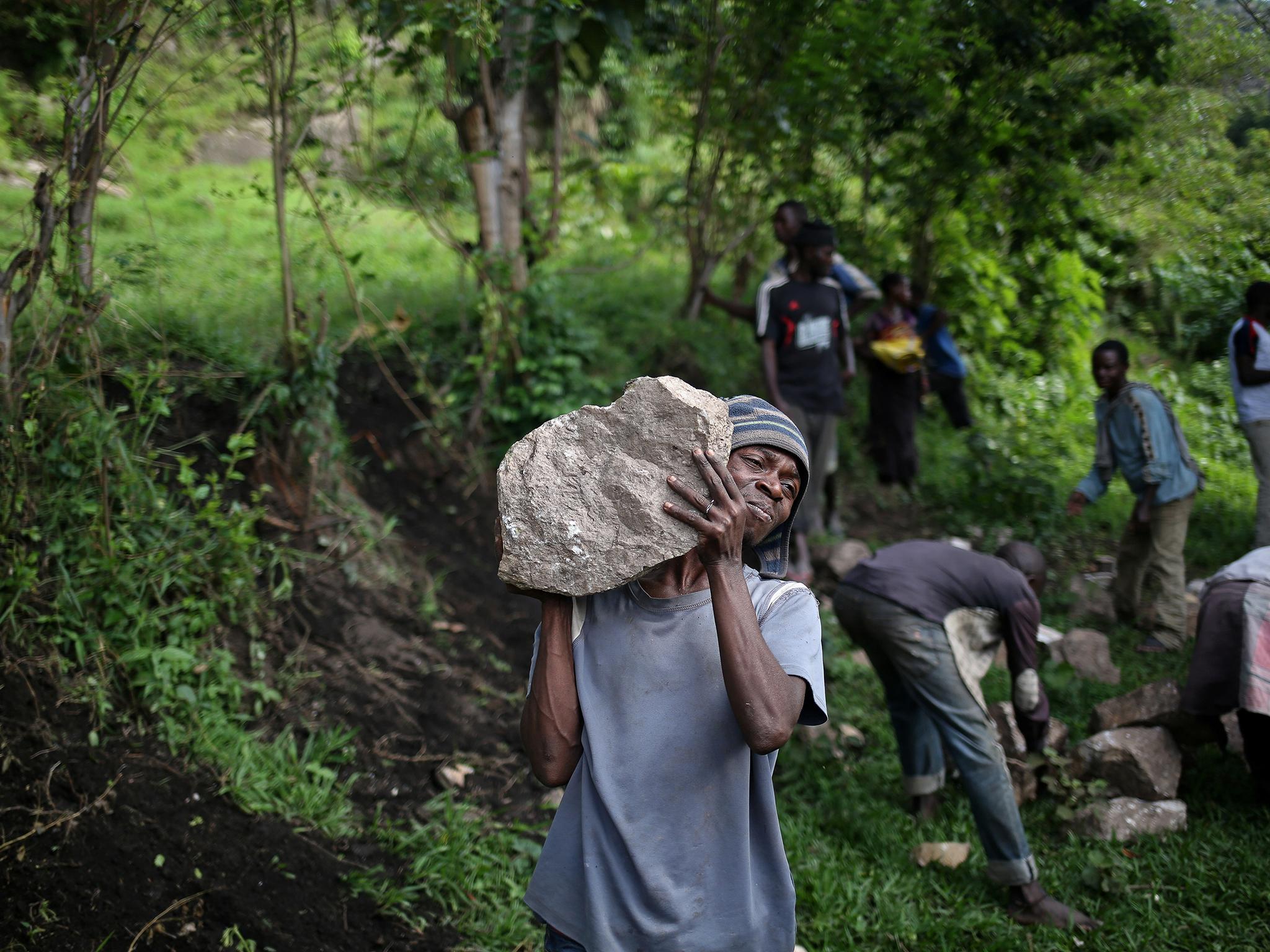
Adolphine Byaywuwa Muley, head of a local group for the empowerment of Pygmy women, acknowledged that there had been little concrete progress since she became minister of agriculture and environment for South Kivu province in 2013, and said lack of land was the root of the Bambutis' plight.
Ijdwi's local customary authorities argue that the Bambutis sold their land, Muley said. Moreover, South Kivu was “a province where there are a lot of land issues, land disputes everywhere, so you are told that nothing can be done”.
Gervais Rubenga Ntawenderundi, the Bantu customary chief in the north of the island where the Bambuti live, said there were “no problems on the island between the two ethnic groups”: “The pygmies have never been driven out of the forest and have always lived near the villages in this way,” he said.
Other Bantu argue that entrenched discrimination against pygmies is a legacy of colonial rule. At national level, Congo's parliament first discussed a law to protect pygmy rights in 2007, but it has yet to vote on a bill.
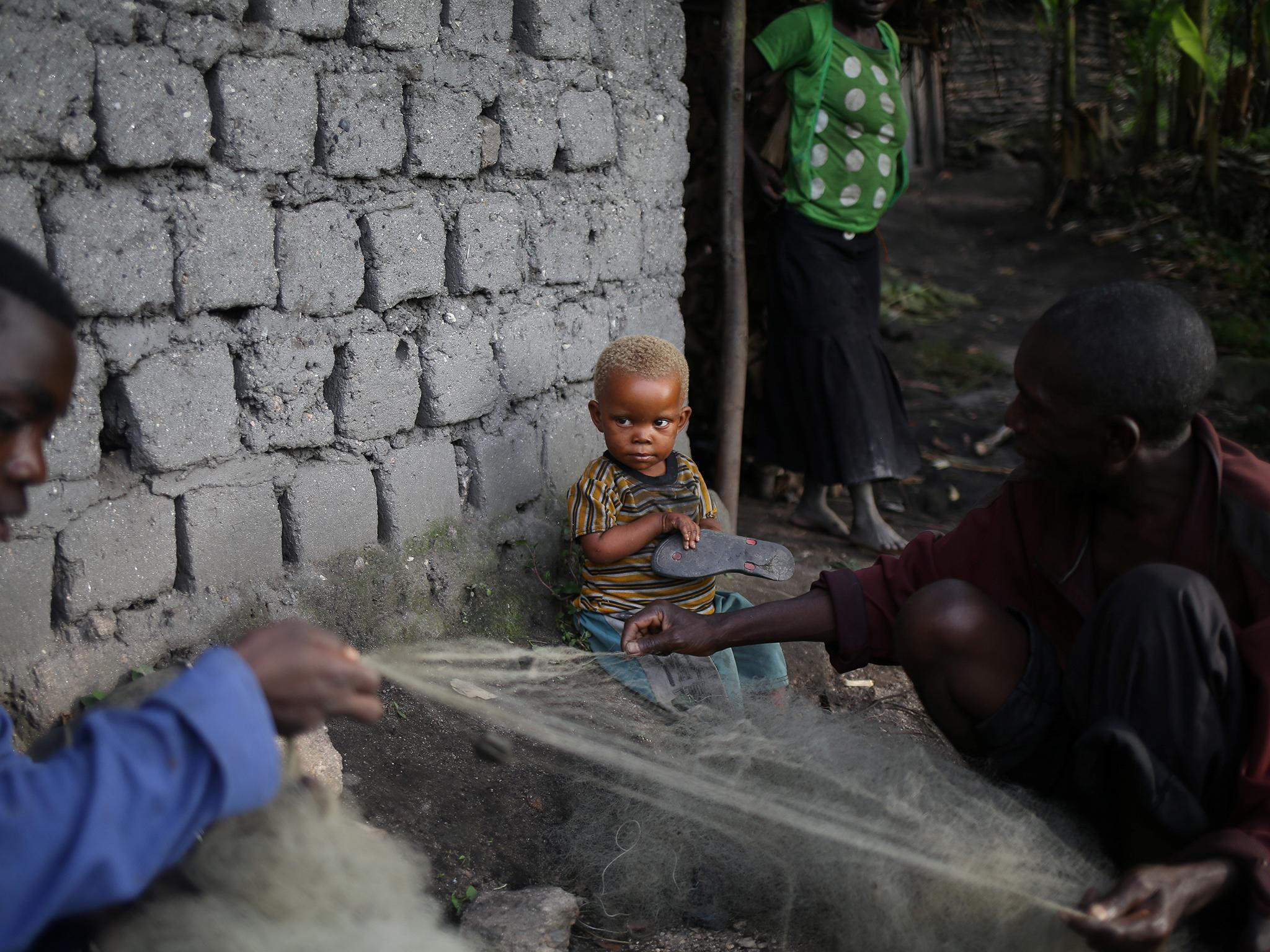
Thus the Bambuti scrape a living clearing fields or carrying heavy loads for Bahavu landowners, who often treat them with contempt. Habimana weeds the fields of a Bahavu businessman building a hotel on the coast, but earns only one-third as much as other workers, and has to sell pottery at market to make extra money. “I'm used to it,” she said. “We are treated as subhumans.”
At the Kagorwa camp, where close to 300 Pygmies were resettled from their ancestral Nyamusisi forest, crops will not grow on the land, and many of the children are gaunt and undernourished from a diet of “sombe”: simple cassava leaves boiled in water, without salt or oil. “This is the only food we have in sufficient quantity,” said Adele, the camp's dean. “There are no more birds, no snakes, no monkeys.”
The fishermen who set out onto the bright blue lake in canoes don't have much more luck. This evening, they have brought back only a handful of very small fish.
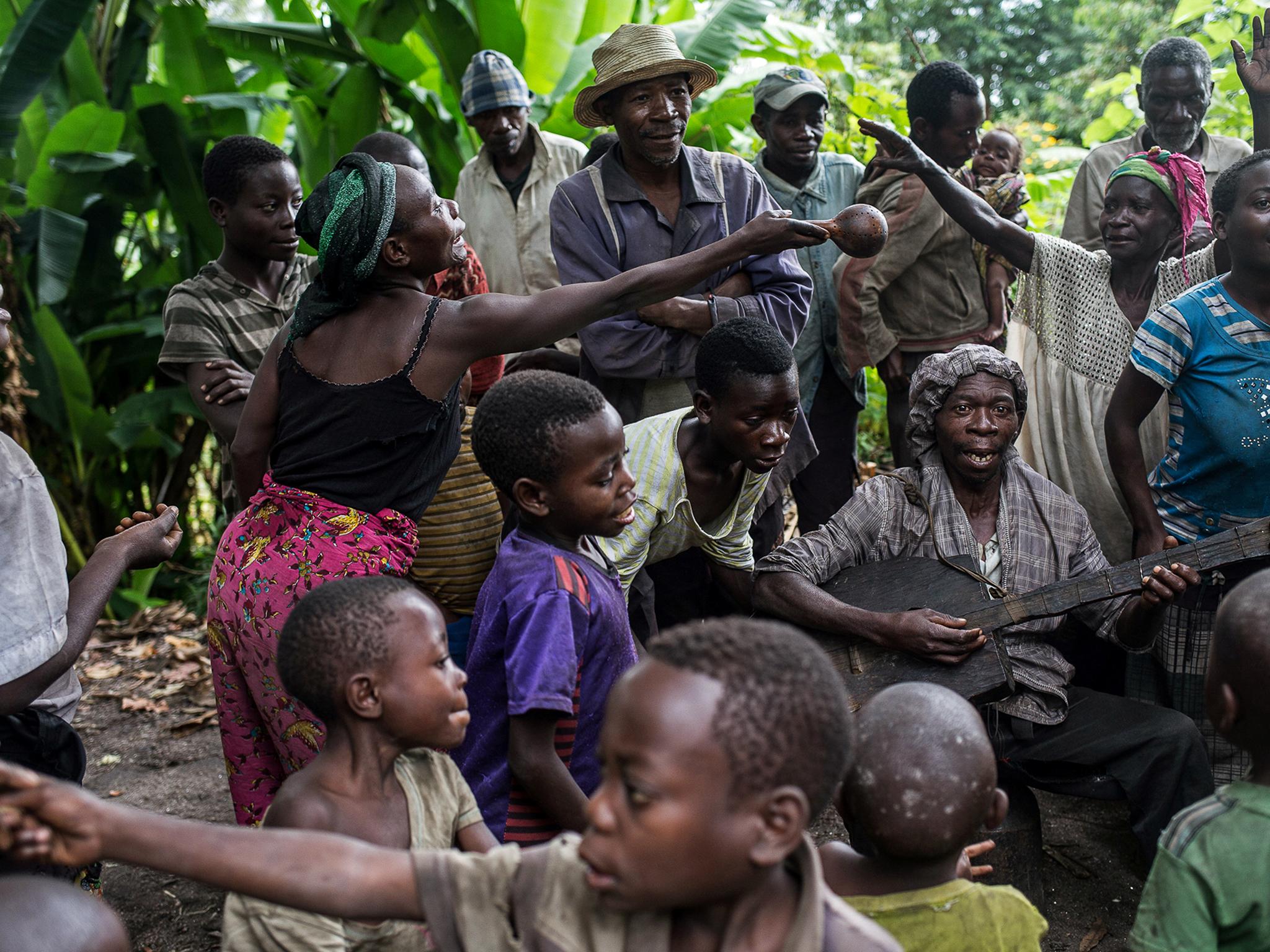
Manguist, a 24-year-old fisherman, said he had given up on the old Bambuti existence: “Our life from before is finished - but we don't deserve this misery. I want to leave the island, go to town, live in a brick house and educate my children.”
Minister Muley believes that at least, through patient lobbying, understanding of the Bambutis' situation is growing. She said the attitude that “Pygmies don't have the same human value as the Bantus” had not been helped by the fact that the pygmies themselves thought it was “normal to be discriminated against”.
“But, with awareness,” she said, “the indigenous people have understood that they have rights like everyone else.”
Reuters
Join our commenting forum
Join thought-provoking conversations, follow other Independent readers and see their replies
0Comments